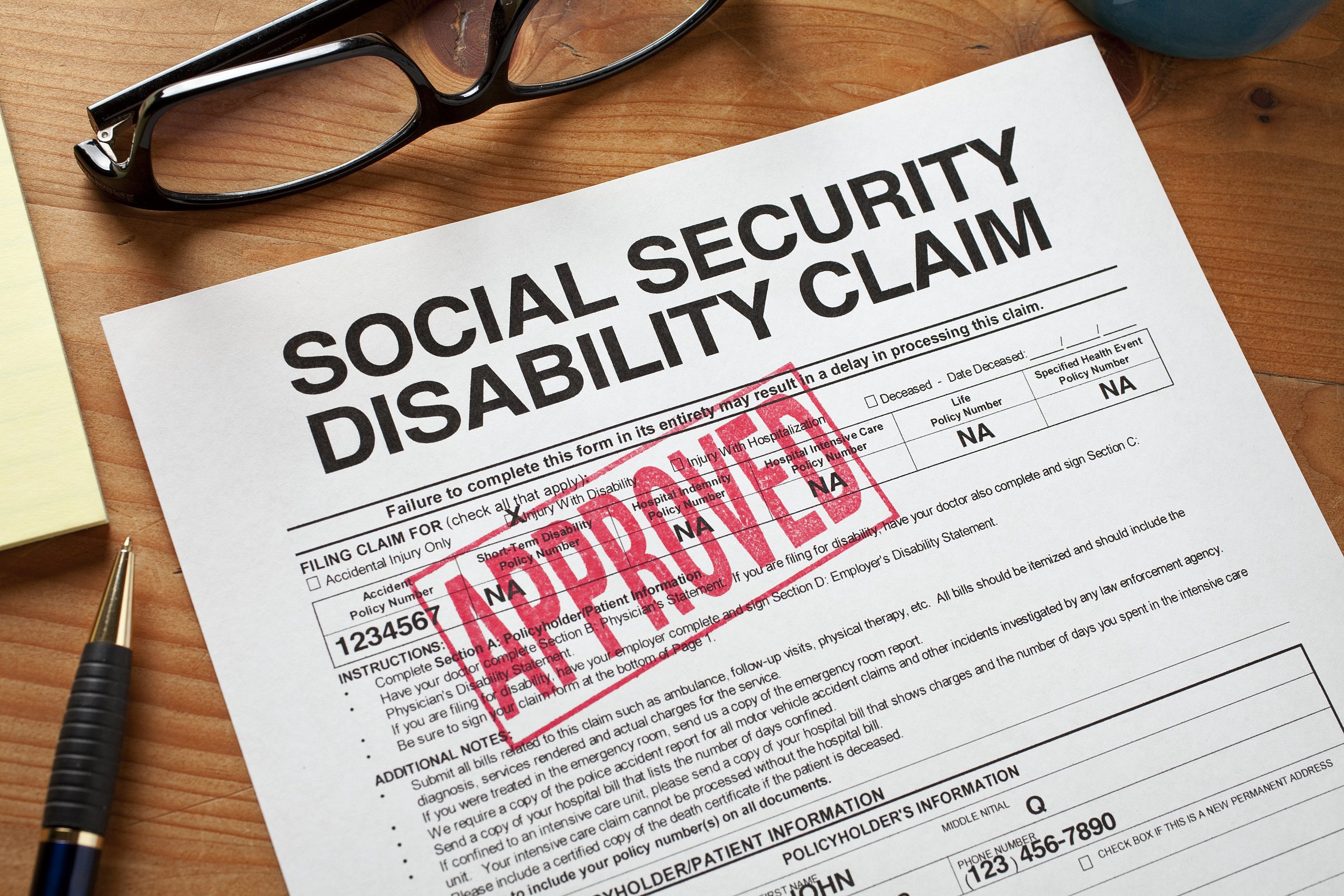Yes, it is true that you can apply for disability benefits when you lose your job. However, in order to be approved, you must meet all the eligibility requirements for the benefits programs. If you are able to work, the Social Security Administration (SSA) can deny your application for Social Security Disability Insurance (SSDI) or Supplemental Security Income (SSI) benefits. Therefore, the first factor SSA considers in the disability evaluation process is whether you are able to sustain substantial gainful activity level employment, even if not full-time, which is considered a high burden for applicants to meet.
The disability benefits process can be challenging. Most people have to go through at least one appeal to get the benefits they deserve. A Michigan SSDI attorney can guide you through this process and advocate for you.
How to Qualify for SSDI Benefits
Contrary to what many people think, having a severe illness or injury is not enough to collect SSDI benefits. SSDI is an insurance program that gets its funding from payroll deductions for Social Security. When your employer takes money out of your paycheck and sends it to the Social Security Administration (SSA), you pay into this system. Think of the payroll withholding as paying insurance premiums.
For every three-month block that you work at a job that pays Social Security taxes, you can earn one “work credit.” When you accumulate enough work credits, you can become eligible for SSDI. If you did not pay into the Social Security system, you cannot qualify for SSDI benefits.
Work credits are only one factor the SSA considers when evaluating SSDI applications. Some other elements needed for SSDI benefits include:
- Your medical condition must last for at least one year or be terminal. If your doctor expects you to recover from your physical or mental illness or injury in less than a year, you are not eligible for SSDI benefits.
- Your medical condition must meet the severity tests of the Adult Listing of Impairments, also called the Blue Book. The Blue Book contains technical “yardsticks,” such as specific lab test results, that measure how severe an illness is.
- You must be unable to work for a living because of your medical condition. If you make more money than the earnings limit, the SSA will declare that you are not disabled.
- The SSA does not pay benefits for partial disability. You must be 100 percent disabled to qualify for SSDI. This factor means that you cannot perform any type of substantial work to support yourself.
The technical work credits requirement is frequently the factor that makes people ineligible for SSDI benefits. However, fortunately for many people who do not meet the SSDI technical criteria, Congress has created a safety net for people in this situation: Supplemental Security Income (SSI).
The Eligibility Requirements for SSI Benefits
The disability severity rules are the same for both SSDI and SSI. Your severe medical condition must still meet the same requirements in order to be found disabled under both programs, including last for at least one year or be expected to last one year or result in death, and make you unable to support yourself through gainful employment, for example.
The differences between SSDI and SSI are:
- You do not need to have accumulated work credits to qualify for SSI.
- SSDI has no assets limit, but you can only get SSI if you have very low financial resources.
- In addition to the earnings limit for SSDI, all of your countable income reduces the amount of your SSI check. A person who has more than a few hundred dollars a month of countable income is unlikely to collect much in SSI benefits if anything.
The rules for these programs can be complicated. But, you should not allow the application and appeal complexities deter you from securing the benefits that you deserve. A Michigan SSDI attorney can help you go after disability benefits you are owed. At Disability Law Group, we are here to help you. Let our team of expert attorneys and caring staff put our years of experience exclusively specializing in disability claims help you win the benefits you need. Contact our office today.









